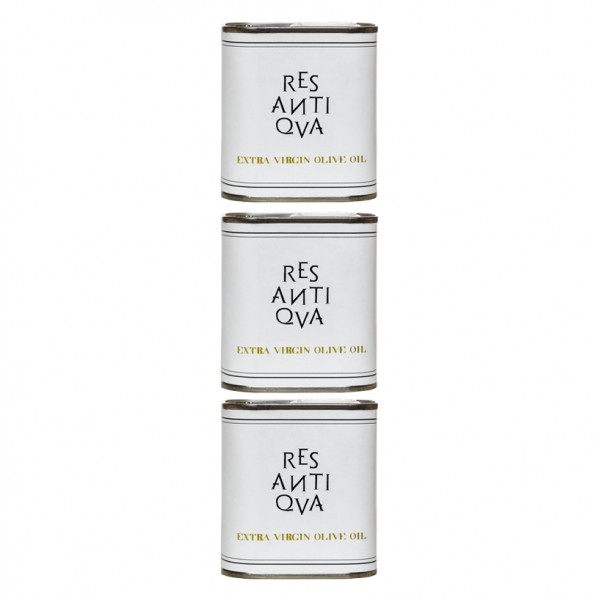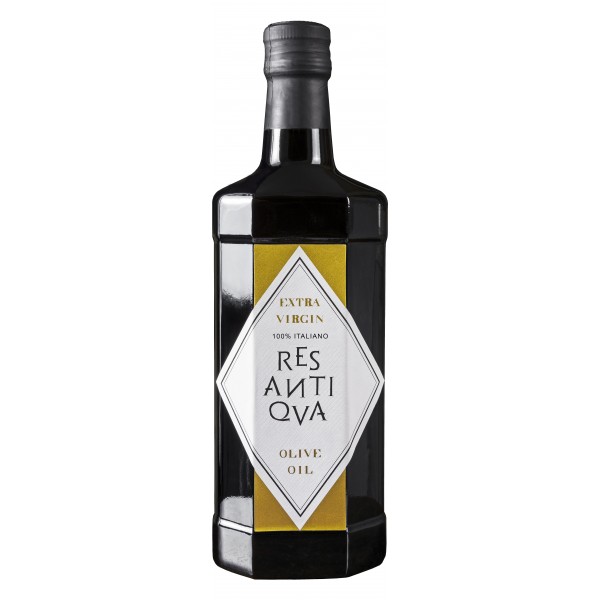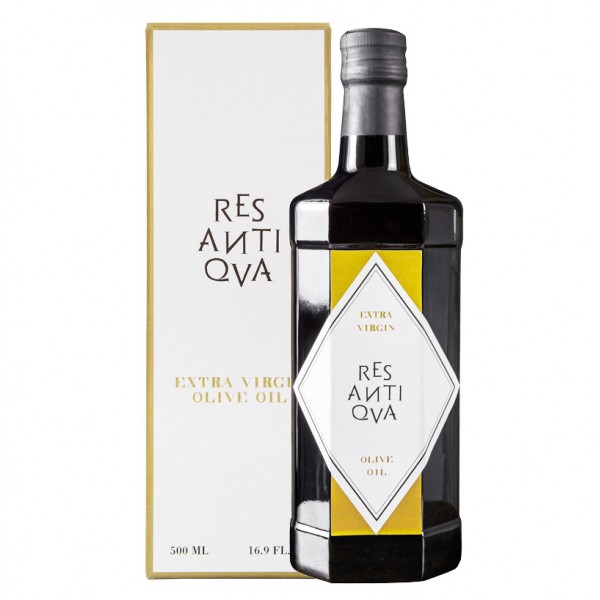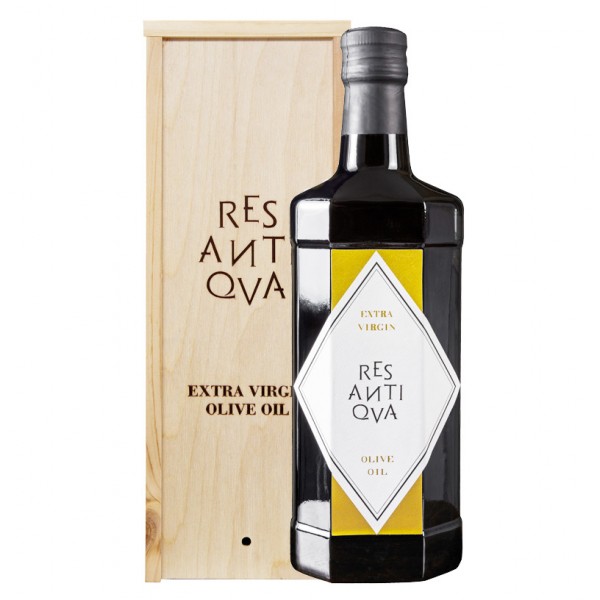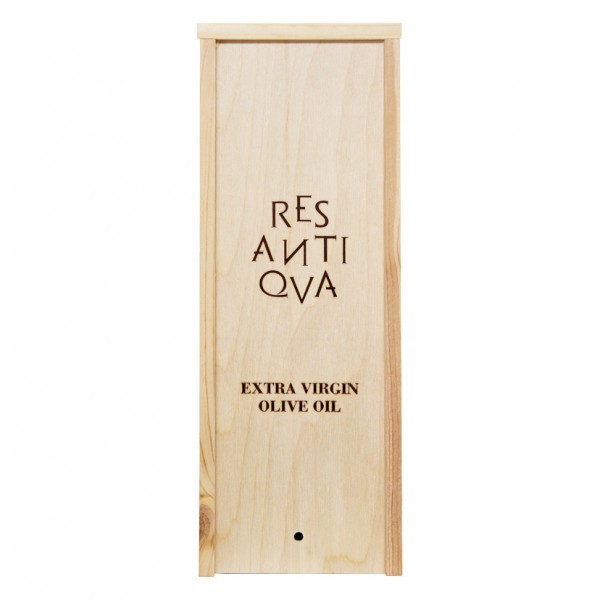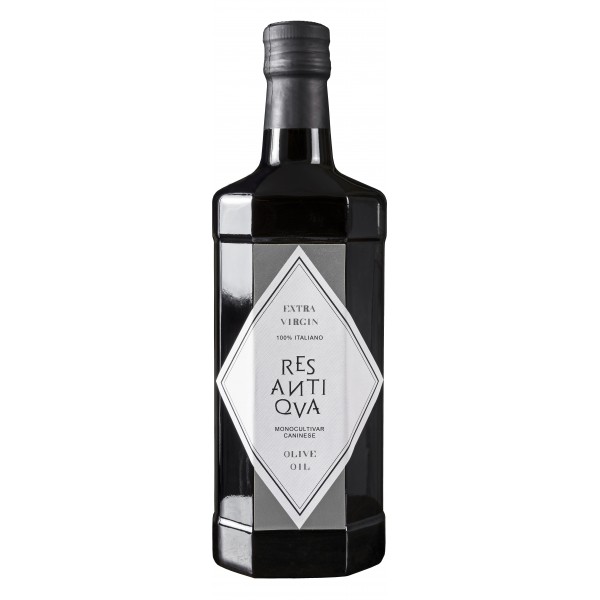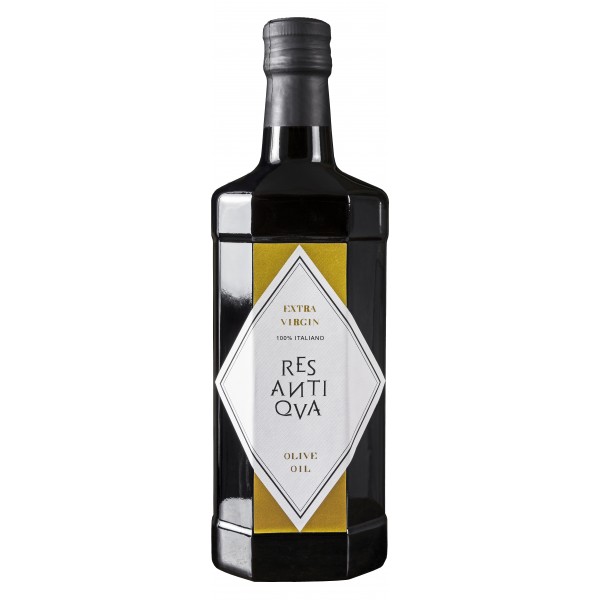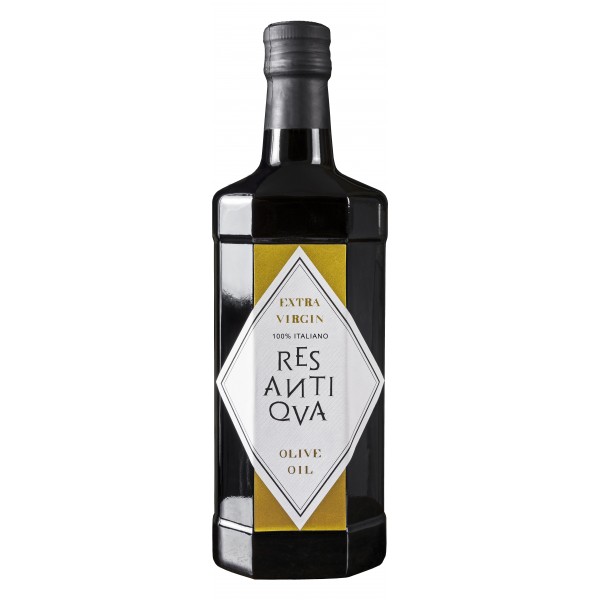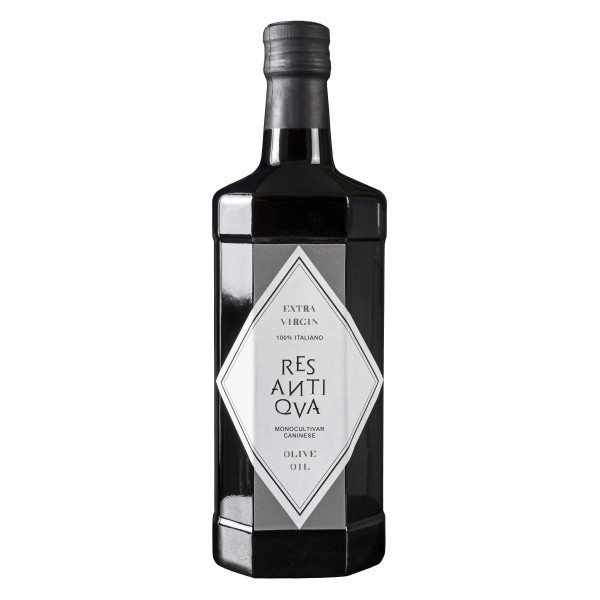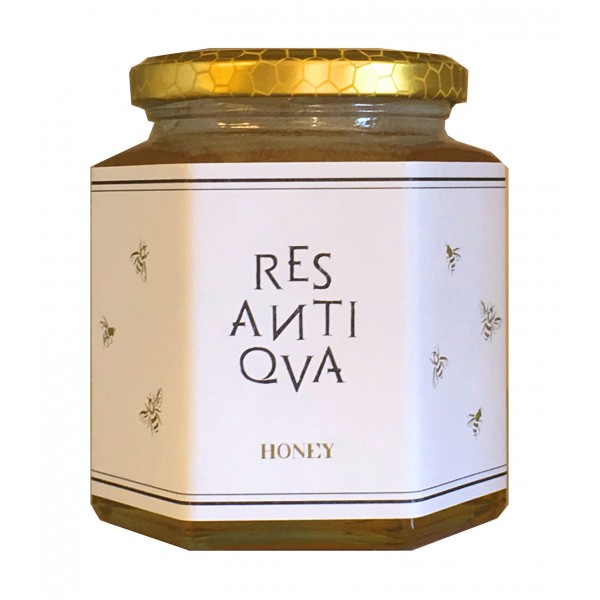No products
Categories
- Fashion Accessories
- Clothing
- Beauty & Lifestyle
-
Hi-Tech & Lifestyle
- Gaming
-
Case
- iPhone 11 Pro
- iPhone 11 Pro Max
- iPhone 11
- iPhone X / XS
- iPhone XS Max
- Samsung S10 / S10+ / S10e
- Huawei P30 / P30 Pro / P30 Lite
- Huawei P20 / P20 Pro / P20 Lite
- iPhone XR
- Samsung S9
- Samsung S9+
- iPhone 8 / 7
- iPhone 8 Plus / 7 Plus
- Samsung S8
- Samsung S8+
- Samsung S7
- Samsung S7 Edge
- iPhone 6 / 6 s
- iPhone 6 Plus / 6 s Plus
- iPhone 5 / SE
- Skin
- Audio
- Smart Home
- Drones & Hoverboard
- Photo & Video
- Desk Supplies
- Accessories
- Games
- Beverages
- Food
- Home
- Jewelry
- Luxury
- Travel
- Art
- Footwear
- Vintage Fashion
- Restaurants
- Sport
- Animals
- Gift Ideas
- Kidswear
Extra
Viewed Products
-

Linda Farrow - Carousel C6 Round Sunglasses in Light Gold and Chocolate -...
Channeling the magic of the circus,...
Res Antiqva
High Quality Extra Virgin Olive Oil
 La Storia del Nostro Olio di Oliva.jpg)
The History of Our Oil
.jpg)
The Res Antiqva estate lies on the northern shore of Lake Bolsena in the Tuscia area which marks the natural border between Tuscany, Umbria and Lazio regions. Orvieto, a marvellous city of arts and culture, is only 15 kilometers away.
Lake Bolsena was formed more than 300 000 years ago, in the ancient crater of a volcano from the Volsini mountain chain. The largest volcanic lake in Europe, it is famed for the purity and exceptional mineral richness of its waters – fishermen of the region have a saying, “the lake you can drink” – where a vast variety of fish can be found, appreciated for their flavor and quality. These include eels made famous by Dante Alighieri in his Divine Comedy.
.jpg)
During Etruscan times, the lake knew a period of splendor and prosperity that continued through the alternate times of the Romans, Lombards and Saracens until the Middle Ages marked a period of decline. The great poet Francesco Petrarca, who was struck by the direness of the situation, even asked Pope Clement VI to intervene by putting the lake under the control of the Church.
Today, the lake still presents to visitors its uncontaminated natural environment as described by Goethe, English painter Turner and French musician Berlioz who described Bolsena as “a delicious Eden.”
.jpg)
On the grounds of the Res Antiqva stands the Rentica house where the Arte Povera movement was born at the turn of the 20th century. Under the guidance of Roman gallerist Plinio de Martiis, it was transformed into the serendipitous location where two generations of artists, among which Mimmo Rotella, Willem de Kooning, Karsten Greve, Luciano Pistoi, Lucio Amelio, Mario Schifano, Leo Castelli and Jannis Kounellis, come to work and collide under exceptional circumstances.
Extra Virgin Olive Oil Res Antiqva
.jpg)
“The Extra Virgin Olive Oil Res Antiqva is produced in a natural manner and is rich in antioxydant properties thanks to its organoleptic properties. It is recommended to use it raw.”
During the manual harvesting directly on the plants, olives are treated with rigorous care and transported to the press immediately, where they are submitted to the traditional cold press extraction method. The olives produced at Res Antiqva are for the most part of the Canino type, an ancient and autoctonous variety from Tuscia along with Frantoio and Leccino.
.jpg)
The entire process is performed immediately and in full, to obtain an optimal and homogenous “single olive” quality of oil. This guarantees the most genuine taste of the product of our grounds. To give the fullest experience of the oil, down to every last taste and flavor, we choose not to filter our oil. Once obtained, the oil is conserved in stainless steel tanks that prevent external agents such as heat, air and light from altering its quality and aspect.
.jpg)
Our oil’s characteristic color is a brilliant green is preserved thanks to the temperature-controlled extraction process which prevents the alteration of naturally present chlorophyll and oxidation of polyphenols. The extraordinary richness of these phenolic structures, combined with the unique physical, biological and chemical characteristics of our oil is the final result of this entirely natural and complex process.
The Forms of Extra Virgin
 Prodotti.jpg)
At the moment, our Extra Virgin Olive Oil is available in two different formats: our classic 500mL bottle and the small 100mL tin-can.
.jpg)
.jpg)
To create the glass flagon which contains our exceptional product, we returned to classical imagery of precious perfumes and liquors derived from medicinal herbs cultivated and distilled by monks.
.jpg)
.jpg)
Due to Bolsena’s long history under the tutelage of the Church and the fact that our estate is traversed by the Via Francigena, a pilgrimage trail over 1600 kilometers long that pilgrims travel from Canterbury to Rome.
.jpg)
.jpg)
To optimally preserve all the qualities of our oil, we have chosen a dark antique green glass, reputed for its ability to conserve the liquid within from temperature and light damage.
.jpg)
.jpg)
Conversely, the choice of a small tin is a modern and dynamic choice that is coherent with the diminutive size of this format.
.jpg)
.jpg)
It blends the practicality at the heart of everything we do with an extreme functionality that allows use of the product in all occasions.
.jpg)
.jpg)
The Harvest
 La Raccolta.jpg)
From the plant to your table, every step of the process is done by hand, to preserve the integrity of fruits which have ripened in the uncontaminated natural microclimate of the Bolsena lake.
The Mill
 Il Frantoio.jpg)
No more than 4 hours pass from the picking to the crushing, between the moment they are picked to the time where the ripe olives are crushed in the mechanical cold press system. This is essential to preserve the unadultered organoleptic characteristics and maintain the Oil’s most important antioxidant quality. This is our secret. This is why our olive oil is so good.
The Nature
 La Natura.jpg)
The single centennial Oak that dominates the hill of the Res Antiqva domain has been painted in the past by acclaimed master Mario Schifano, and is still symbolizes today the strength of nature that surrounds us.
Res Antiqva
High Quality Extra Virgin Olive Oil
 La Storia del Nostro Olio di Oliva.jpg)
The History of Our Oil
.jpg)
The Res Antiqva estate lies on the northern shore of Lake Bolsena in the Tuscia area which marks the natural border between Tuscany, Umbria and Lazio regions. Orvieto, a marvellous city of arts and culture, is only 15 kilometers away.
Lake Bolsena was formed more than 300 000 years ago, in the ancient crater of a volcano from the Volsini mountain chain. The largest volcanic lake in Europe, it is famed for the purity and exceptional mineral richness of its waters – fishermen of the region have a saying, “the lake you can drink” – where a vast variety of fish can be found, appreciated for their flavor and quality. These include eels made famous by Dante Alighieri in his Divine Comedy.
.jpg)
During Etruscan times, the lake knew a period of splendor and prosperity that continued through the alternate times of the Romans, Lombards and Saracens until the Middle Ages marked a period of decline. The great poet Francesco Petrarca, who was struck by the direness of the situation, even asked Pope Clement VI to intervene by putting the lake under the control of the Church.
Today, the lake still presents to visitors its uncontaminated natural environment as described by Goethe, English painter Turner and French musician Berlioz who described Bolsena as “a delicious Eden.”
.jpg)
On the grounds of the Res Antiqva stands the Rentica house where the Arte Povera movement was born at the turn of the 20th century. Under the guidance of Roman gallerist Plinio de Martiis, it was transformed into the serendipitous location where two generations of artists, among which Mimmo Rotella, Willem de Kooning, Karsten Greve, Luciano Pistoi, Lucio Amelio, Mario Schifano, Leo Castelli and Jannis Kounellis, come to work and collide under exceptional circumstances.
Extra Virgin Olive Oil Res Antiqva
.jpg)
“The Extra Virgin Olive Oil Res Antiqva is produced in a natural manner and is rich in antioxydant properties thanks to its organoleptic properties. It is recommended to use it raw.”
During the manual harvesting directly on the plants, olives are treated with rigorous care and transported to the press immediately, where they are submitted to the traditional cold press extraction method. The olives produced at Res Antiqva are for the most part of the Canino type, an ancient and autoctonous variety from Tuscia along with Frantoio and Leccino.
.jpg)
The entire process is performed immediately and in full, to obtain an optimal and homogenous “single olive” quality of oil. This guarantees the most genuine taste of the product of our grounds. To give the fullest experience of the oil, down to every last taste and flavor, we choose not to filter our oil. Once obtained, the oil is conserved in stainless steel tanks that prevent external agents such as heat, air and light from altering its quality and aspect.
.jpg)
Our oil’s characteristic color is a brilliant green is preserved thanks to the temperature-controlled extraction process which prevents the alteration of naturally present chlorophyll and oxidation of polyphenols. The extraordinary richness of these phenolic structures, combined with the unique physical, biological and chemical characteristics of our oil is the final result of this entirely natural and complex process.
The Forms of Extra Virgin
 Prodotti.jpg)
At the moment, our Extra Virgin Olive Oil is available in two different formats: our classic 500mL bottle and the small 100mL tin-can.
.jpg)
.jpg)
To create the glass flagon which contains our exceptional product, we returned to classical imagery of precious perfumes and liquors derived from medicinal herbs cultivated and distilled by monks.
.jpg)
.jpg)
Due to Bolsena’s long history under the tutelage of the Church and the fact that our estate is traversed by the Via Francigena, a pilgrimage trail over 1600 kilometers long that pilgrims travel from Canterbury to Rome.
.jpg)
.jpg)
To optimally preserve all the qualities of our oil, we have chosen a dark antique green glass, reputed for its ability to conserve the liquid within from temperature and light damage.
.jpg)
.jpg)
Conversely, the choice of a small tin is a modern and dynamic choice that is coherent with the diminutive size of this format.
.jpg)
.jpg)
It blends the practicality at the heart of everything we do with an extreme functionality that allows use of the product in all occasions.
.jpg)
.jpg)
The Harvest
 La Raccolta.jpg)
From the plant to your table, every step of the process is done by hand, to preserve the integrity of fruits which have ripened in the uncontaminated natural microclimate of the Bolsena lake.
The Mill
 Il Frantoio.jpg)
No more than 4 hours pass from the picking to the crushing, between the moment they are picked to the time where the ripe olives are crushed in the mechanical cold press system. This is essential to preserve the unadultered organoleptic characteristics and maintain the Oil’s most important antioxidant quality. This is our secret. This is why our olive oil is so good.
The Nature
 La Natura.jpg)
The single centennial Oak that dominates the hill of the Res Antiqva domain has been painted in the past by acclaimed master Mario Schifano, and is still symbolizes today the strength of nature that surrounds us.
-
Res Antiqva - Boxed Set of 3 x 100 ml - Organic Italian Extra Virgin Olive...
Our small tin can, practical and functional is ideal for use on your table or taken anywhere. It comes in a set of three tins packaged in a cardboard box from sustainable paper sources. The vintage diamond shape of this bottle reflects Italian tradition and the ancestral methods through which we produce our precious organic Oil.
18,00 € -
Res Antiqva - Bottle - Organic Italian Extra Virgin Olive Oil - 250 ml
The vintage diamond shape of this bottle reflects Italian tradition and the ancestral methods through which we produce our precious organic Oil. Ancient bottle of 250 ml.
14,00 € -
Res Antiqva - Bottle - Organic Italian Extra Virgin Olive Oil - 500 ml
The vintage diamond shape of this bottle reflects Italian tradition and the ancestral methods through which we produce our precious organic Oil. Each bottle comes packaged in an individual cardboard box from sustainable paper sources.
20,00 € -
Res Antiqva - Bottle in Wooden Box - Organic Italian Extra Virgin Olive Oil -...
The vintage diamond shape of this bottle reflects Italian tradition and the ancestral methods through which we produce our precious organic Oil. Each bottle comes packaged in a handsome maritime pine box which can be used to store your oil bottle or other items.
30,00 € -
Res Antiqva - Wooden Box in Maritime Pine for Organic Italian Extra Virgin...
This elegant box crafted in maritime pine can be bought alone for gifts. Once opened, the lid of the box can be used to store your olive oil bottle or any items.
10,00 € -
Res Antiqva - Bottle - Monocultivar Caninese - Organic Italian Extra Virgin...
The vintage diamond shape of this bottle reflects Italian tradition and the ancestral methods through which we produce our precious organic Oil. Each bottle comes packaged in an individual cardboard box from sustainable paper sources.
20,00 € -
Res Antiqva - Bottle - Organic Italian Extra Virgin Olive Oil - 6 x 500 ml
The vintage diamond shape of this bottle reflects Italian tradition and the ancestral methods through which we produce our precious organic Oil. Each bottle comes packaged in an individual cardboard box from sustainable paper sources.
120,00 € -
Res Antiqva - Bottle - Organic Italian Extra Virgin Olive Oil - 12 x 250 ml
The vintage diamond shape of this bottle reflects Italian tradition and the ancestral methods through which we produce our precious organic Oil. Ancient bottle of 250 ml.
168,00 € -
Res Antiqva - Bottle - Monocultivar Caninese - Organic Italian Extra Virgin...
The vintage diamond shape of this bottle reflects Italian tradition and the ancestral methods through which we produce our precious organic Oil. Each bottle comes packaged in an individual cardboard box from sustainable paper sources.
144,00 € -
Res Antiqva - High Quality Pure and Raw Millefiori Honey - Italian Organic -...
The ancient aesthetic of this format reflects the Italian tradition and the biological way in which we produce our precious honey.
15,00 €



